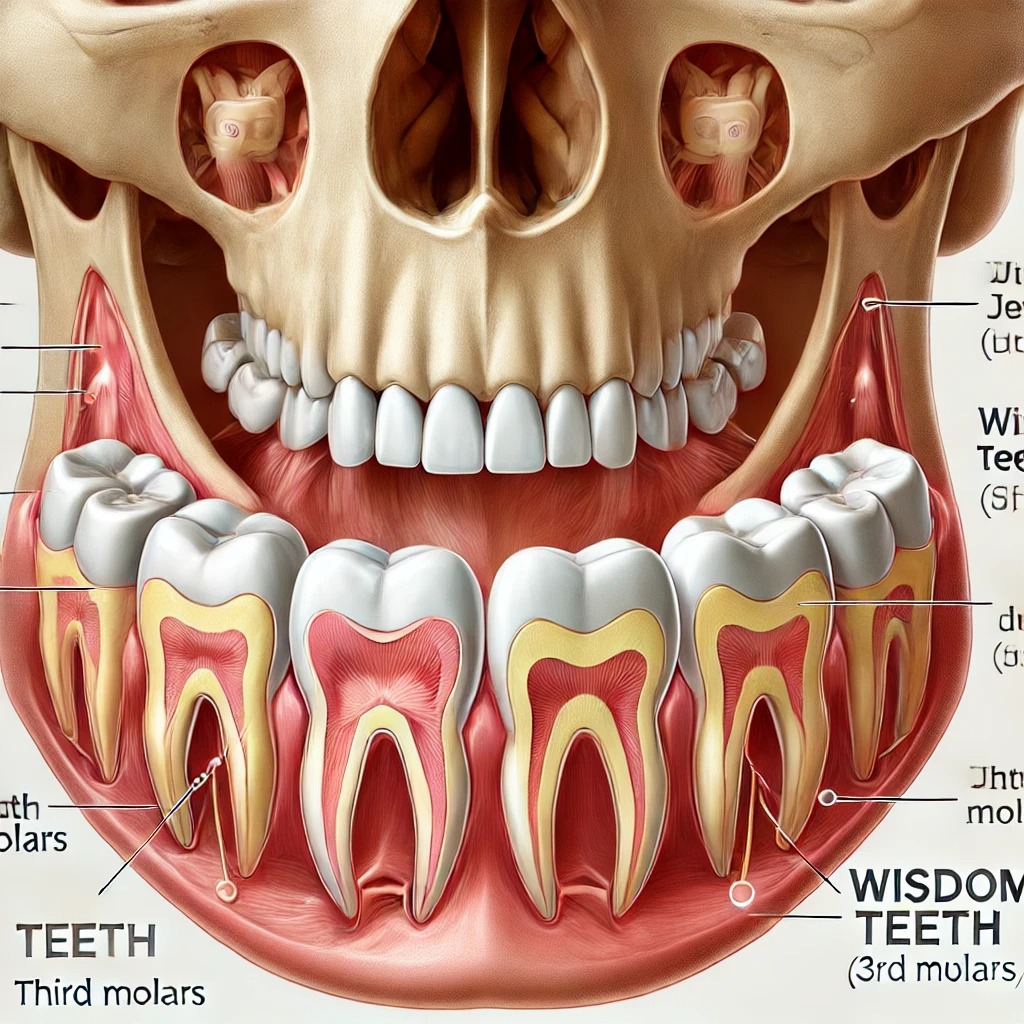In the realm of healthcare and social services, caseworkers play a pivotal role in ensuring that clients receive the necessary support and resources to improve their well-being. What does a caseworker do at Unison Health? This article provides a comprehensive overview of the responsibilities, challenges, and impact of caseworkers at Unison Health, a leading provider of integrated healthcare services.
Understanding the Role of a Caseworker
A caseworker at Unison Health is a professional tasked with supporting individuals and families by connecting them with appropriate healthcare services, social resources, and support systems. They serve as a bridge between clients and the services they need, ensuring that each individual’s unique circumstances are addressed with care and precision.
Key Responsibilities of a Caseworker at Unison Health
1. Client Assessment
The first step in a caseworker’s role at Unison Health is conducting a comprehensive assessment of the client’s needs. This involves gathering information about the client’s physical, mental, and social health to develop a clear understanding of their situation. The assessment process may include interviews, reviewing medical records, and collaborating with other healthcare providers to ensure a holistic view of the client’s needs.
2. Developing Care Plans
Based on the assessment, caseworkers at Unison Health develop individualized care plans tailored to each client’s specific needs. These plans outline the services and interventions required to address the client’s issues, including medical treatments, counseling, housing assistance, or vocational training. The goal is to create a roadmap that helps clients achieve their health and wellness objectives.
3. Coordinating Services
A significant part of what a caseworker does at Unison Health involves coordinating various services for their clients. This includes arranging appointments, facilitating referrals to specialists, and ensuring that clients have access to necessary resources. Caseworkers act as advocates for their clients, working to remove any barriers that may hinder access to care.
4. Monitoring Progress
Caseworkers at Unison Health are responsible for monitoring the progress of their clients to ensure that the care plan is being followed and that the desired outcomes are being achieved. This involves regular check-ins with clients, updating care plans as needed, and addressing any new challenges that may arise. Continuous monitoring helps ensure that clients stay on track and receive the ongoing support they need.
5. Providing Emotional Support
In addition to practical assistance, caseworkers offer emotional support to clients who may be facing difficult situations. They provide a listening ear, offer encouragement, and help clients navigate the emotional aspects of their challenges. This support is crucial in building trust and fostering a positive client-caseworker relationship.
6. Advocacy
Caseworkers at Unison Health often serve as advocates for their clients, ensuring that their rights are protected and their voices are heard. This can involve working with other healthcare professionals, legal representatives, or community organizations to secure the best possible outcomes for clients. Advocacy is a core component of the caseworker’s role, emphasizing the importance of client-centered care.
Challenges Faced by Caseworkers at Unison Health
While the role of a caseworker at Unison Health is rewarding, it comes with its set of challenges:
1. Managing Complex Cases
Many clients at Unison Health have multifaceted issues that require a coordinated approach. Caseworkers must navigate complex systems and work with multiple agencies to ensure that all aspects of a client’s needs are addressed. This can be time-consuming and requires strong organizational skills.
2. Resource Limitations
Despite the best efforts of caseworkers, resource limitations can sometimes hinder the ability to provide comprehensive care. Whether it’s a shortage of affordable housing, limited availability of mental health services, or long wait times for medical appointments, caseworkers must find creative solutions to overcome these obstacles.
3. Emotional Toll
Working closely with clients who are facing significant challenges can take an emotional toll on caseworkers. They must maintain their own emotional well-being while providing empathetic support to clients. Unison Health provides resources and support for caseworkers to help them manage the emotional demands of their job.
The Impact of Caseworkers at Unison Health
The work of caseworkers at Unison Health has a profound impact on the lives of their clients and the community as a whole. By addressing the social determinants of health and providing holistic care, caseworkers help clients achieve better health outcomes, improve their quality of life, and become more self-sufficient.
Conclusion
What does a caseworker do at Unison Health? They serve as vital connectors between clients and the services they need, playing a crucial role in delivering integrated healthcare. Through client assessment, care planning, service coordination, and advocacy, caseworkers help clients navigate complex healthcare systems and achieve their health and wellness goals. Despite the challenges, the dedication and compassion of caseworkers at Unison Health make a lasting difference in the lives of the individuals and families they serve.











